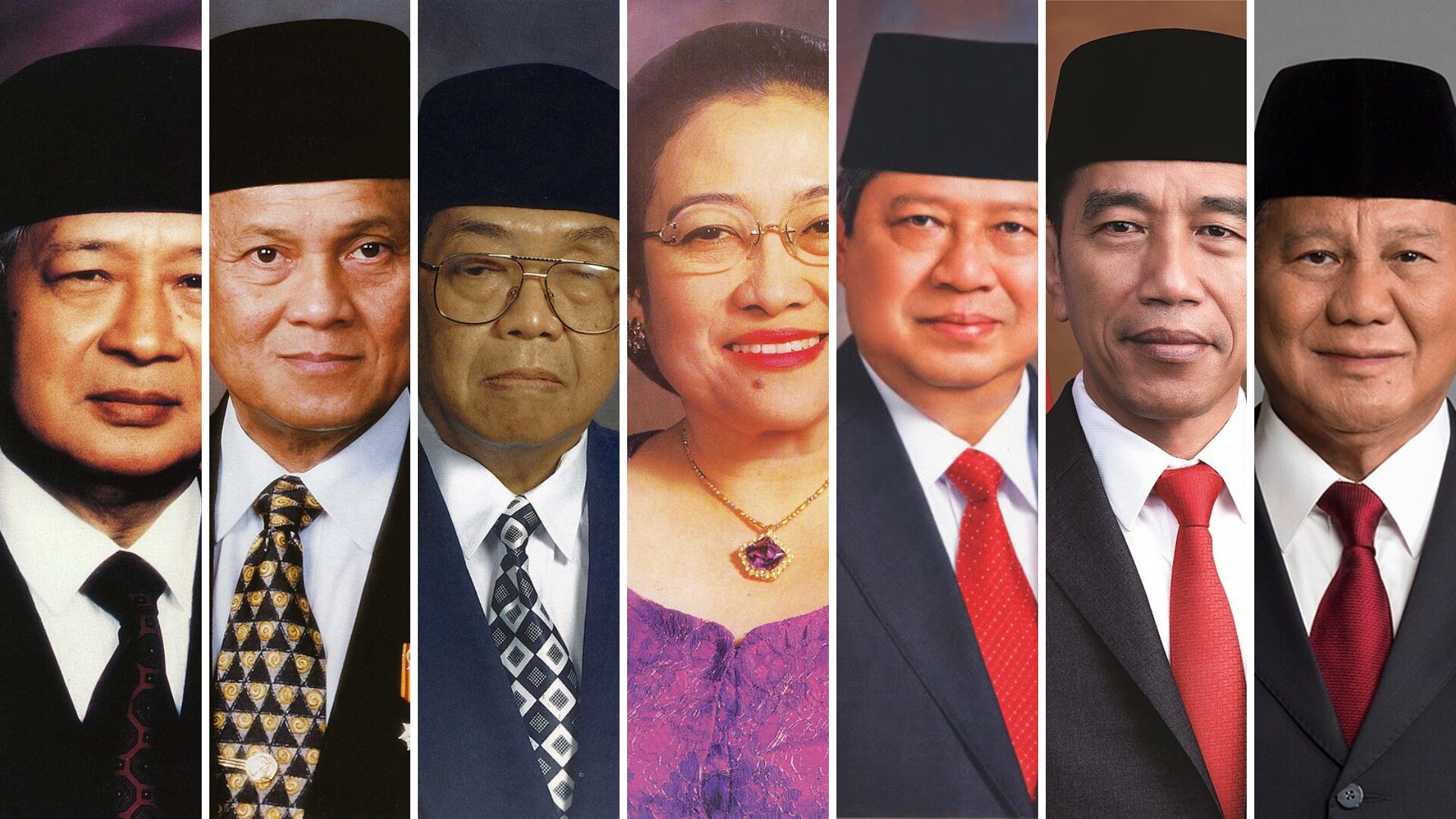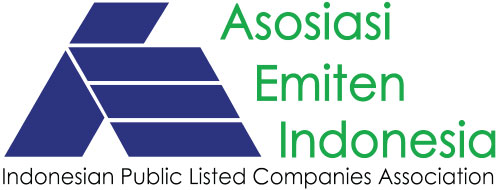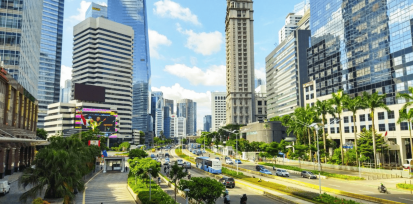
JCI's Journey from the Soeharto to Prabowo Era: Dynamics of the Indonesian Stock Market
The journey of the Indonesian stock market reflects the economic response to various government policies, global dynamics and political stability. During President Soeharto's time, the Composite Stock Price Index (IHSG) experienced rapid growth in line with development policies, but turmoil came at the end of his term, when the 1997-1998 Asian financial crisis hit, causing the IHSG to fall drastically and shaking the national economy.
Under the leadership of Abdurrahman Wahid and Megawati Soekarnoputri, the Indonesian economy began to recover through restructuring policies, although market growth tended to be slow. The revival of the JCI was only truly visible in the era of President Susilo Bambang Yudhoyono (SBY), who succeeded in creating political and economic stability. Through policies that encourage investment, the stock market shows more stable and consistent growth.
Entering the era of President Joko Widodo, IHSG faced new challenges when the COVID-19 pandemic hit. However, economic recovery policies and massive infrastructure development have succeeded in returning the stock market to a positive path. Now, under President Prabowo, industrialization and sustainable development policies have become priorities which are expected to create a more stable market. By focusing on economic openness and increasing global investment, Indonesia has a great opportunity to strengthen the resilience of its stock market, creating a strong foundation for long-term growth.




 Back to Home
Back to Home







